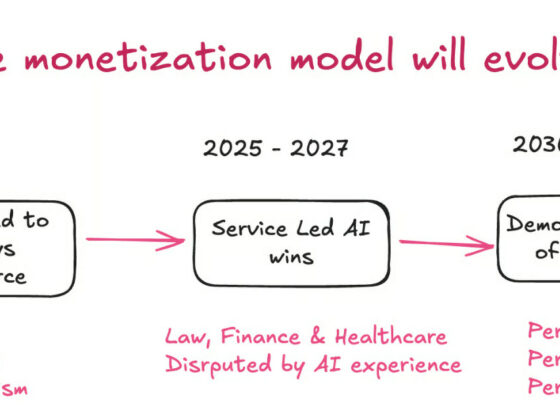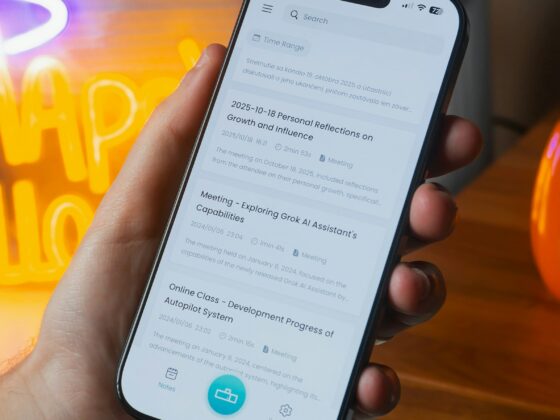“The RMS, an effective co-pilot to explore potential opportunities we might have overlooked”
In charge of the team of 5 revenue managers responsible for managing the portfolio of 64 hotels in France and Germany, Joachim Benabdallah also supervises the sales team and the marketing department, ensuring coherence between their various missions.
How do you manage to supervise teams whose motivations can sometimes conflict between client interests and those of the group?
I believe it’s essential that these three different departments align and that they are not led independently, with each going in their own direction, such as generating revenue without focusing on profitability. Revenue management will adjust the trend, and marketing will emphasize loyalty. Therefore, revenue management has much to gain from marketing, including research on periods preferred by clients and keyword usage… Revenue managers will suggest which type of customer to prioritize to better fine-tune pricing.
Is there one department that takes precedence over the others in achieving the final result?
I am a former revenue manager, and I have significant expertise in this field, but I have also trained in marketing, so I try to apply the best practices from revenue management to the marketing strategy.
Nonetheless, it seems that revenue management has become essential, moving from a recommendation to a directive…
We still operate on the same principle that was introduced with revenue management in hotels. The hotel manager is the head of the business and makes the final decisions. They delegate responsibility to the RM, who manages operations daily, but that doesn’t prevent the manager from regularly challenging the RM’s decisions. It’s also the responsibility of the RM to challenge their tool based on the recommendations they make daily.
Would it be correct to say that RM has succeeded in imposing its vision of maximum profitability?
Personally, I see it as a co-pilot. It uses a powerful tool to explore potential avenues that it might not have identified independently. That’s the whole point of the system. Secondly, the tool works 7 days a week. Specifically, on weekends, we trust its automated intelligence to not miss any opportunities.
Has the sophistication of the tool’s market data analysis improved in making these recommendations?
For me, the RMS has somewhat become a “black box,” evolving over time. Its operation is based on algorithms that were once simple but have become more complex. This is what RMS providers tell us, as they have added a lot of data to enhance the demand calculation accuracy. Ultimately, the entire strategy is based on this foundation.
“ For me, the RMS has somewhat become a “black box,” evolving over time. Its operation is based on algorithms that were once simple but have become more complex “.
Between the landing data and forecasts, do you see fewer differences now?
Yes, forecasts are increasingly reliable, at least in general terms. It’s sometimes less accurate on a hotel-by-hotel basis, where we notice discrepancies that need to be analyzed to understand why the tool reacted in a certain way. It’s also worth noting that the tool updates over time and regularly adjusts its forecasts.
Can we set safeguards, and what is the frequency of forecasts?
We set rules for a season, limiting the tool and the pricing strategy with “floors & ceilings,” high and low limits by season. Previously, we worked more mechanically on specific days of the week, placing typical weeks on the calendar.

Can the introduction of artificial intelligence further enhance the performance of these RMS tools?
In fact, artificial intelligence has been in RMS for a long time to build algorithms. For me, the new application of AI is conversational. We ask a machine, and it responds. The new benefit of AI would be this more straightforward communication with the machine, making it easier to use. Today, we enter data, and we get recommendations out. We cannot ask, “Why did you make this decision?” It would be an improvement if suppliers could add this function.
Given the impact of one-time events, like Taylor Swift’s tour, on hotel activity that RMS hadn’t anticipated, should the tool take other predictive information into account?
Today, the RMS provider asks us to input such events ourselves. However, there’s a safeguard in place, as the tool will review its recommendations if it detects an abnormal increase or major changes from competitors. The issue is that it might be too late. Rate Shoppers include these types of events in their tools, so RMS systems might need to consider integrating such data. My concern is more about the weather’s impact, which is significant for leisure hotels. To my knowledge, there’s no RMS tool that accounts for it. We intervene manually, but there is no automation in this regard.
“ My concern is more about the weather’s impact, which is significant for leisure hotels. To my knowledge, there’s no RMS tool that accounts for it. We intervene manually, but there is no automation in this regard ”.
Does the RMS integrate easily with other hotel distribution tools, like CRM? As franchisees, our hotels are connected to the CRM programs and tools of the franchisors, but this data is used by the franchisor, and we cannot use it. We are looking for a CRM solution for our non-branded hotels to see what information we can gather about our clients and use it in the pricing strategy. For now, these tools operate independently—RMS, Channel Manager, CRM. A loyal customer is treated the same by the pricing tool because there is no specific identification.
Is this a work-in-progress?
Perhaps, but from a RM perspective, I don’t see why we would miss a sale at the optimal price in favor of a loyal customer, no matter how loyal. It’s almost a philosophical question. Fortunately, the hotel manager always has the power to not apply the pricing recommendation to a particular customer they’ve identified for their loyalty.
“ If we give the revenue manager more control, they are less likely to challenge the tool. They tend to implement their strategy. Confrontation with the machine is, in my opinion, a necessary effort ”.

![]()







